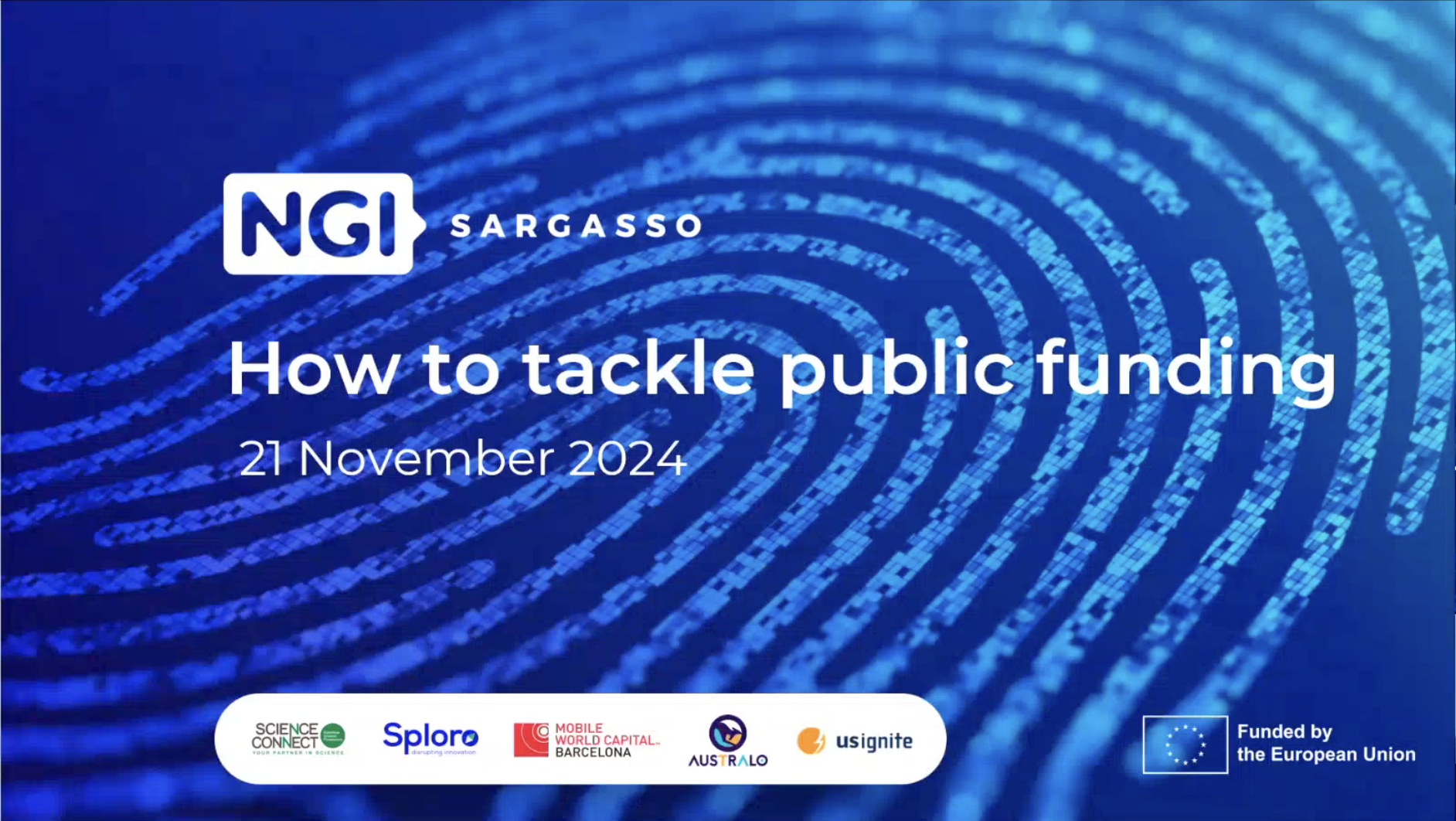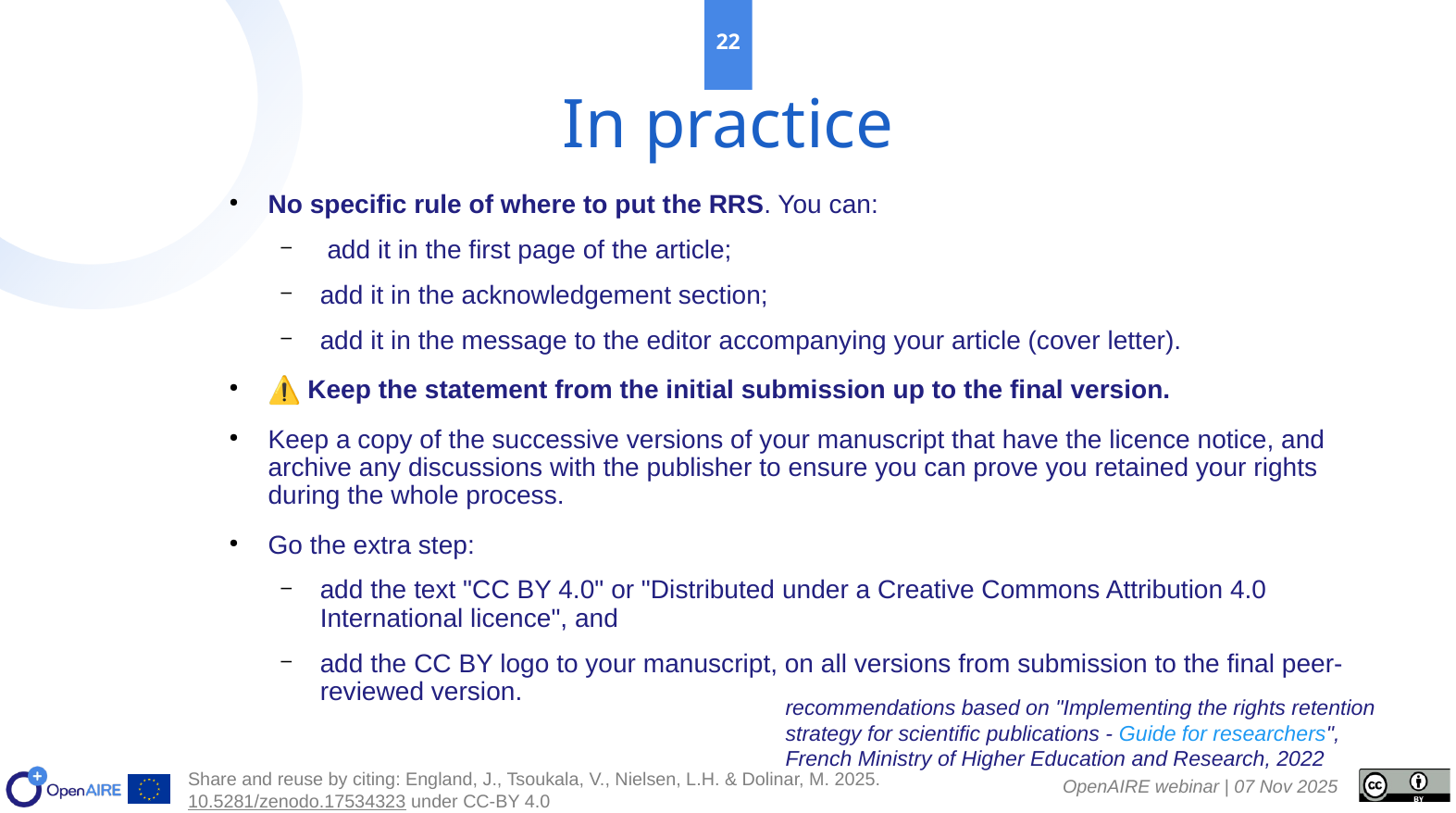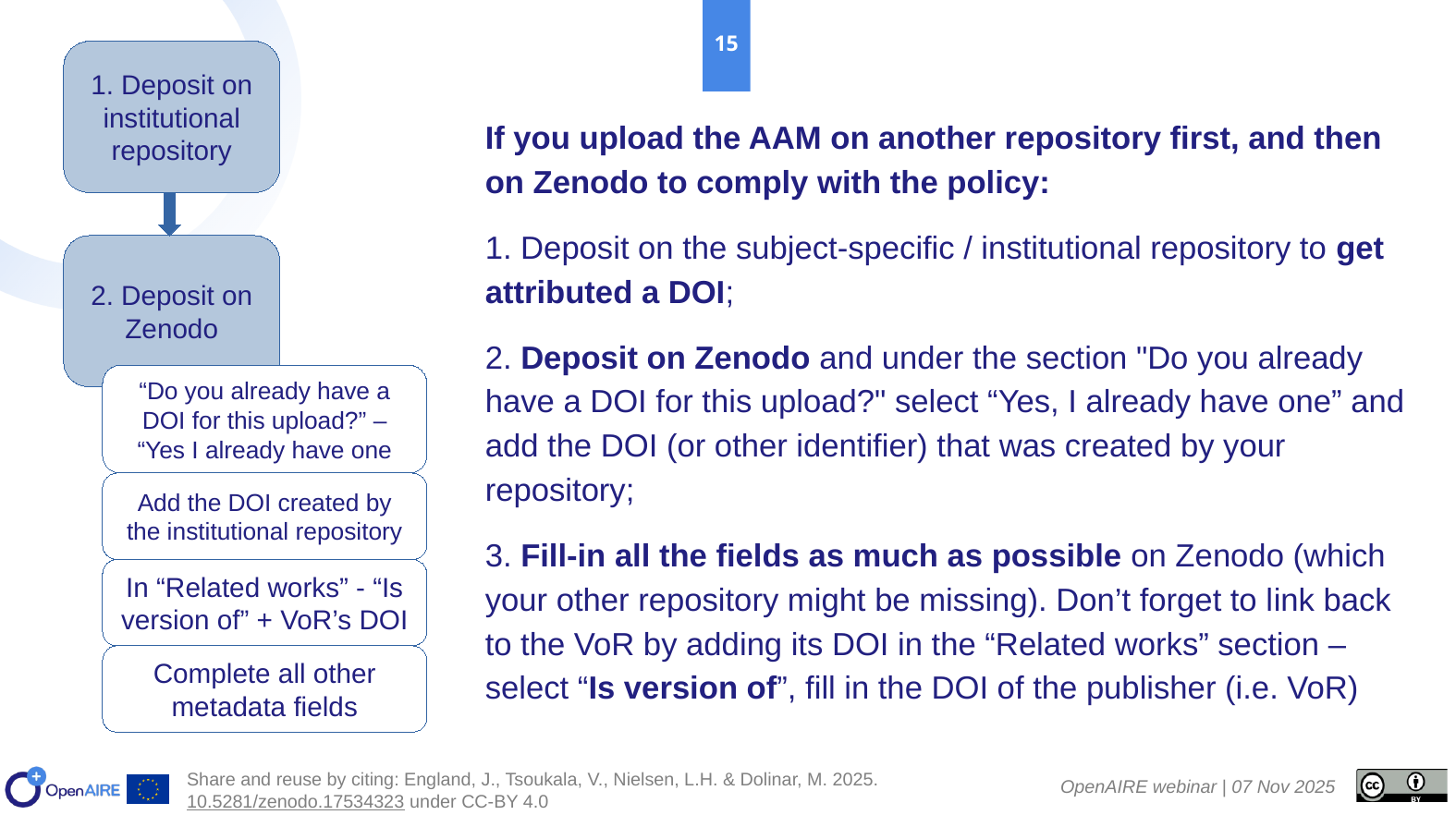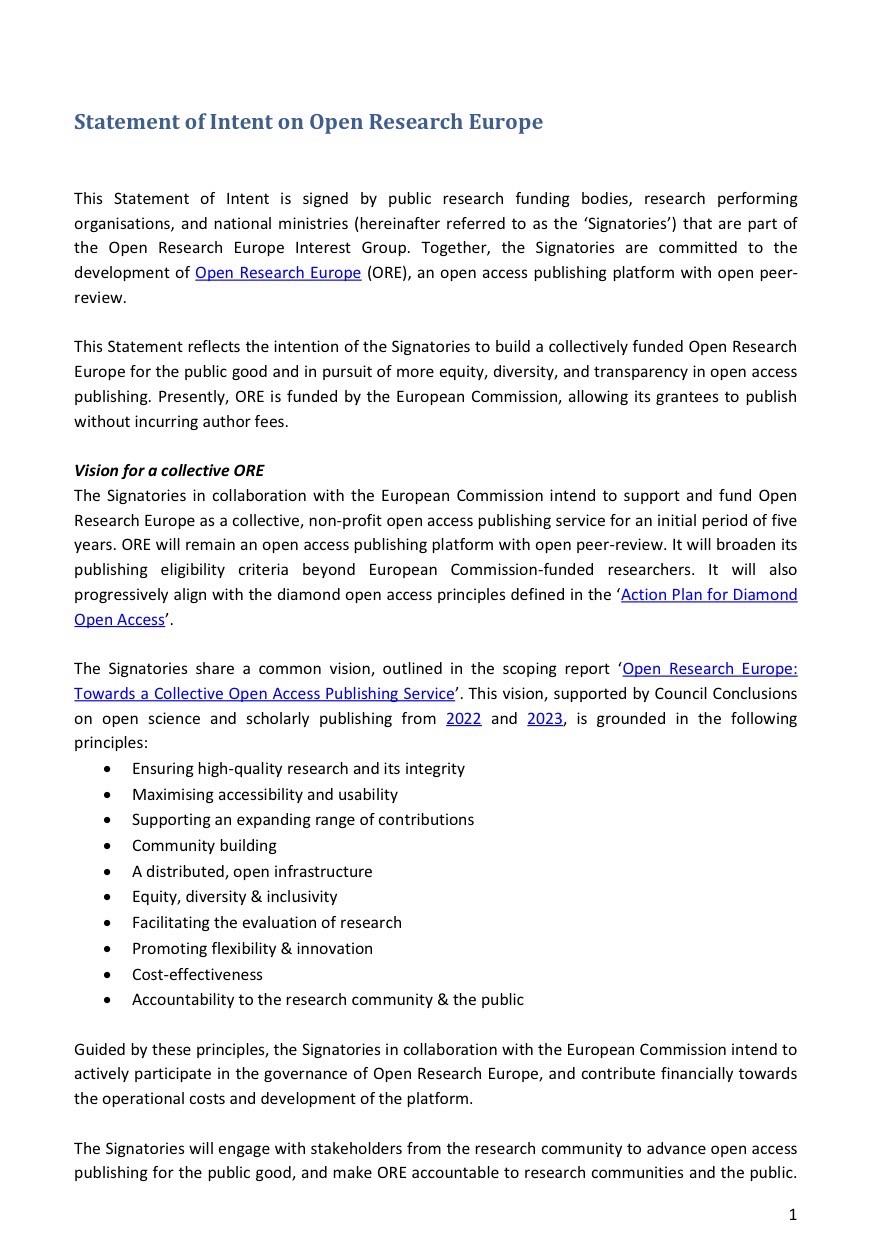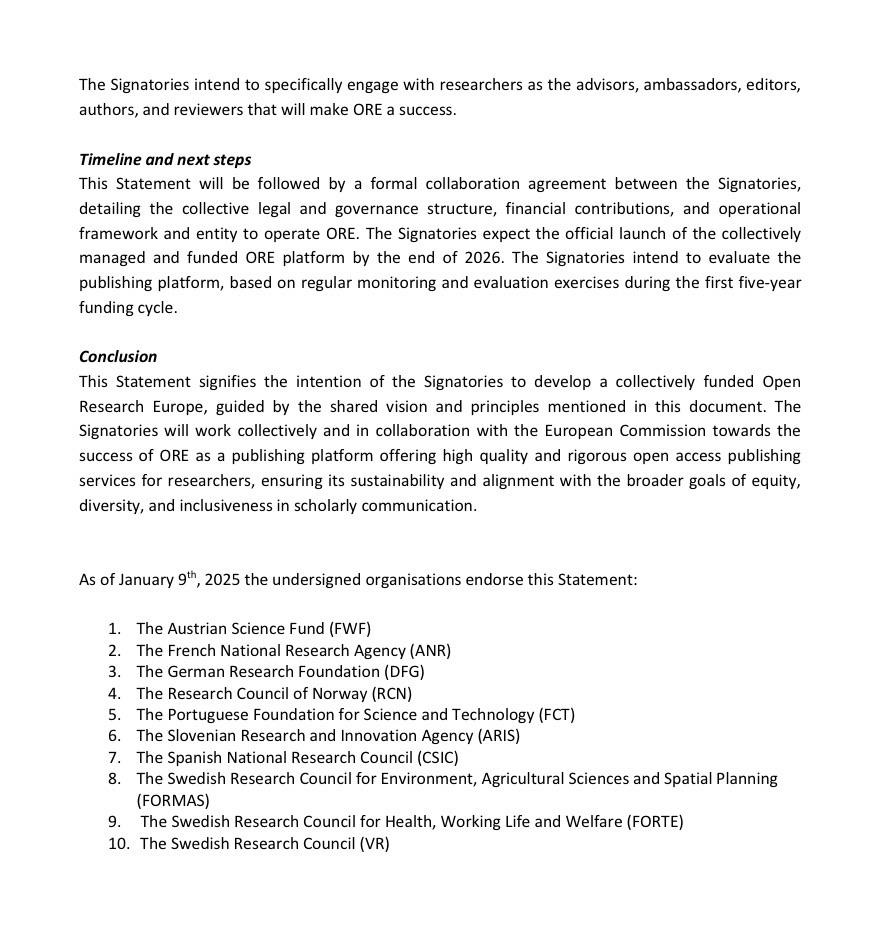The 11th Horizon Europe Open Science requirements in practice is approaching!
Have any doubts or questions about your obligations as a #HorizonEurope (HE) grant holder in terms of Open Access to publications and Research Data Management?
We will present the HE requirements, followed by some time for your questions to our experts.
Presenters: Jonathan England, Open Science Training Specialist - #OpenAIRE
Learn more: https://www.openaire.eu/11th-horizon-europe-open-science-requirements-in-practice







